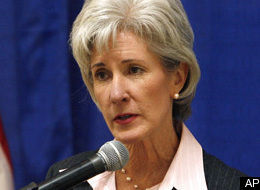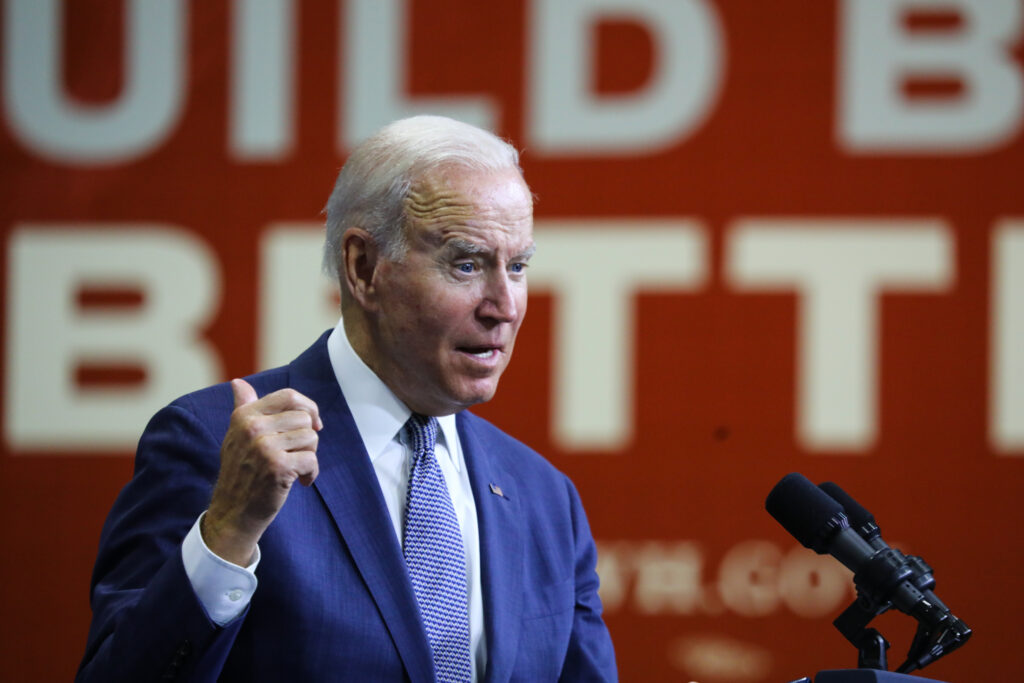The U.S. Department of Health and Human Services now has the power under President Obama’s health care law to issue reviews of any proposed increases by insurers of 10 percent or more. Officials will rule publicly on whether they deem the increase “excessive,” and while they lack the power under the law to enforce penalties on the insurers or compel them to lower rates, the review process is designed to publicly shame insurers for their actions, according to HHS Secretary Kathleen Sebelius.
“Rate review will shed a bright light on the industry’s behavior and drive market competition to lower costs,” Sebelius said in a statement regarding the policy, which went into effect Sept. 1.
Yet although Sebelius has referred to this element of Obama’s law as central to its mission, and HHS has issued nearly $50 million in grants to states as incentives to bolster rate-review programs, there is little evidence such price controls work. Similar attempts to rein in costs in Massachusetts under state laws have not resulted in lower rates. In fact, the Bay State now has the highest premiums in the nation.
“Squeezing a Balloon”
Joshua Archambault, program manager for health care studies at the Massachusetts-based Pioneer Institute, says Gov. Deval Patrick, a Democrat, has repeatedly pushed to expand his ability to approve and reject rate increases, with little to show for it.
“Price controls are discussed in Massachusetts as a way to control health care costs because they appear to be the simplest, most linear way to fix a problem, and government holds the power,” Archambault says. “The problem with price controls is that they are like squeezing a balloon—the air has to move somewhere. Distortions in the market take hold, requiring additional government intervention in a never-ending quest to ‘fix it,’ and as a result quality suffers.”
Merrill Matthews of the Institute for Policy Innovation said the repeated attempts to use price controls show “an eternal quest that somewhere, somehow, someone will finally figure out how to make a socialized economy that really works.”
“Price controls may work for very short periods of time as business owners look for other ways to keep costs down,” Matthews said. “Once those other options are exhausted, vendors will have to start cutting quantity or quality. But ObamaCare is demanding more quantity of services paired with enforced lower costs, which means quality and access will decline.”
Price Controls Create Shortages
Jonathan Ingram, a health care policy analyst at the Illinois Policy Institute, points to the pharmaceutical industry as an example of the ill effects of price contols.
“Price controls have never worked without causing shortages in supply, rationing, declining quality, or black markets. You can see this in the long delays and lower access to the newest pharmaceutical drugs in price-control nations,” Ingram said.
“Price controls are attractive because they only focus on one side of the equation,” he added. “If you ignore shortages, rationing, and declining quality, price controls seem like a plausible idea: you can control the market by setting new rules.”
Reducing Spending, But Not Costs
Matthews says the Massachusetts experience indicates Obama’s national law is based on an illusion.
“Price controls can reduce health spending, but not health costs,” Matthews said. “That is, the government can say it will spend only so much money on health care, but that doesn’t eliminate the upward pressure on costs, especially in a health care system that tries to make most services free, or close to it, at the point of consumption.”
“Most government-run health care systems allow people to opt out of the system and get care in the private market. That’s the safety valve,” Matthews continued. “Those who can’t opt out look for ways to game the system, [to] find someone with power or connections whose help could move the patient to the front of the line.”
Archambault predicts the nation’s health care future under price controls will be dire.
“I think we will slowly see a two-tiered medical system develop, as people with the resources pay cash at niche clinics, avoiding the understaffed and poorer quality providers still practicing in the system,” Archambault said.





